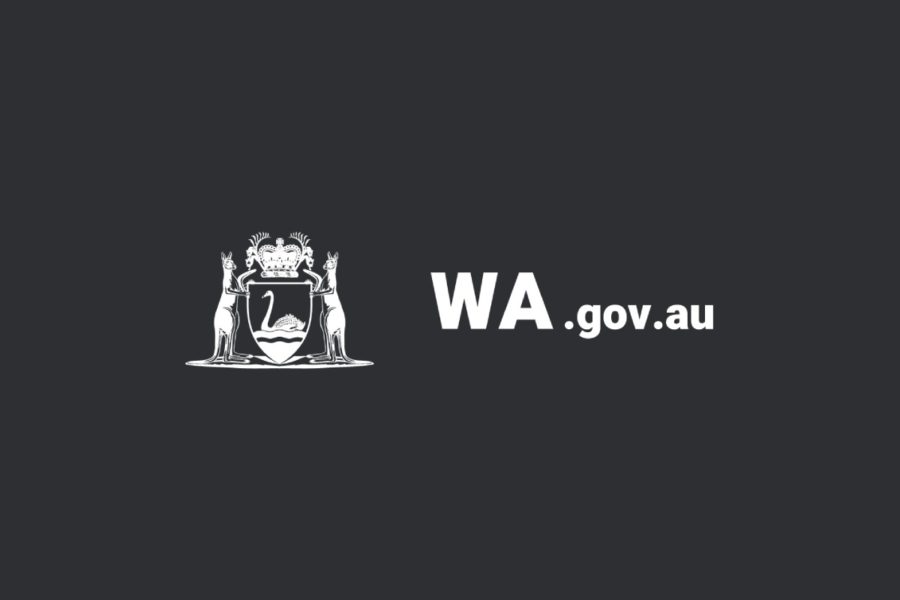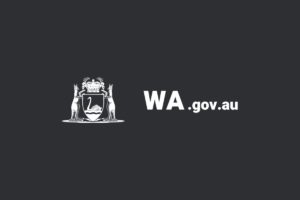GWC failed to investigate allegations of money laundering against Crown

Western Australia’s Royal Commission is analysing whether Western Australia’s Gaming and Wagering Commission (GWC) failed in its oversight of Crown Perth’s operations.
Australia.- The Royal Commission into Crown Perth has heard that Western Australia’s Gaming and Wagering Commission (GWC) didn’t investigate allegations of money laundering against Crown because the company’s former legal boss said “it was a media beat-up”.
At the latest sessions of public hearings, Crown’s lawyer Kanaga Dharmananda SC said the company had made significant changes, including an overhaul of its board and executive team, following three “intense public inquiries” over the past two years.
He also said WA did not need an independent monitor because similar bodies already existed in NSW and Victoria, which would “inevitably” cover Perth.
Referring to Victoria’s Royal Commission decision to allow Crown Melbourne to keep its licence under stricter conditions, Dharmananda said: “Commissioner Finkelstein accepted that important steps towards reform had been taken and that the program is likely to succeed. He concluded about Crown Melbourne that it has the will and capacity to reform itself. Those assessments, with respect, are also relevant to Crown Perth.”
He added that WA had lower gambling-related harms compared to other jurisdictions and improvements were being made, including better staff training.
Perth casinos are regulated by the Gaming and Wagering Commission (GWC) – a seven-member part-time committee that meets monthly – with assistance from the Department of Local Government, Sport and Cultural Industries (DLGSCI).
The GWC was criticised after it was revealed that Michael Connolly, the state’s former chief casino officer, had a friendship with Claude Marais, Crown Resorts’ general manager of legal and compliance, and Paul Hulme, Crown’s manager of gaming and regulatory compliance.
Attorney Fiona Seaward, representing DLGSCI, outlined sweeping changes to GWC and departmental processes, including requiring disclosure of personal relationships with Crown employees and registering gifts, benefits and hospitality.
She added that the department is investigating its code of conduct and awaits an integrity report from the state’s corruption watchdog and public sector commission.
Seaward stated: “The department has accepted, and accepts today, that its historical management of conflicts of interest was not of the standard expected of a modern public sector organisation involved in regulation. The department has taken several steps to address this issue.”
The royal commission will also assess whether Crown was allowed to self-regulate all aspects of its Perth operations with the knowledge and approval of WA. Over the next few days, the investigation will hear closing statements from lawyers representing Crown and James Packer, the company’s majority shareholder.








